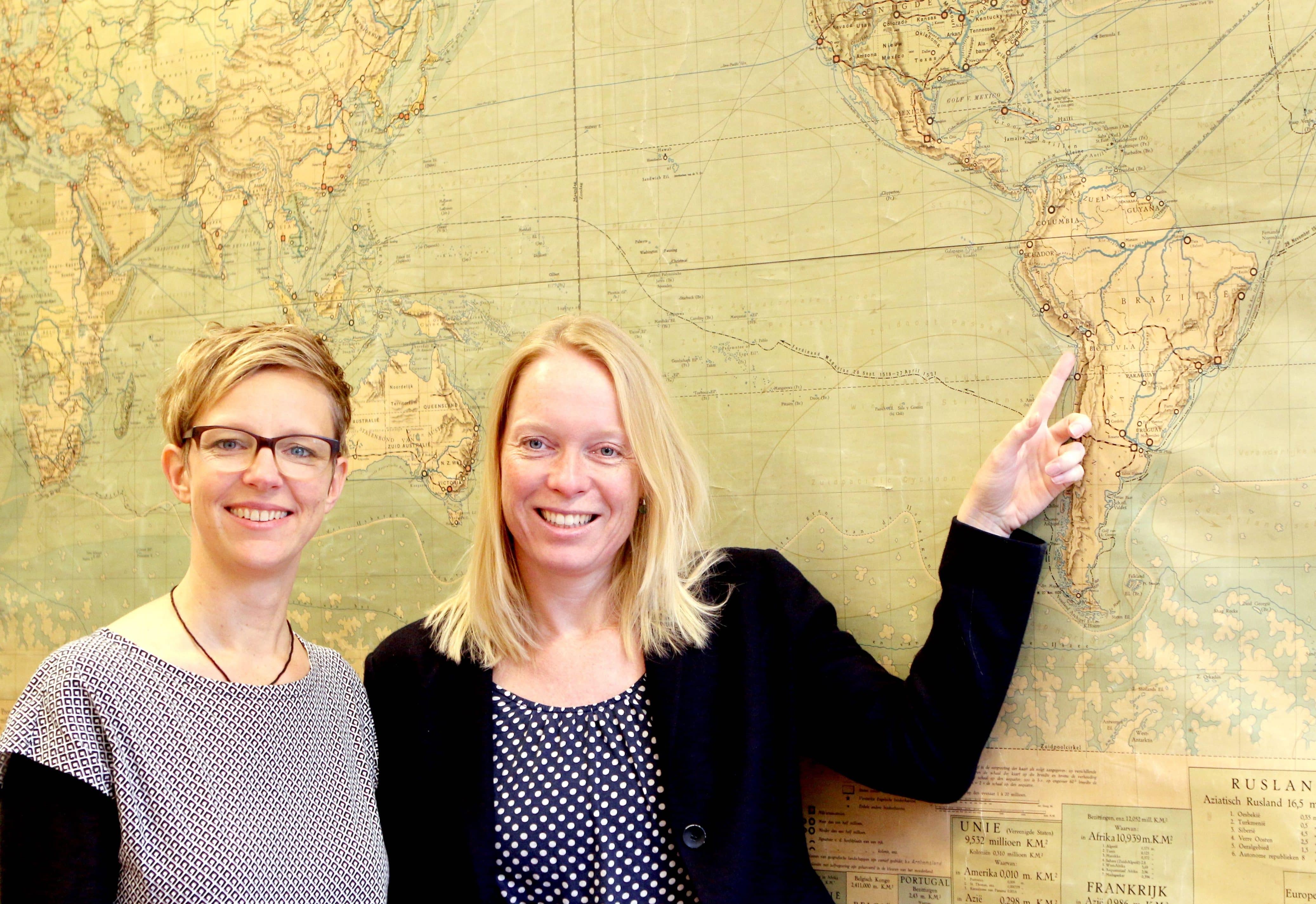
Combining social and clinical psychology to understand how trauma impacts women’s empowerment in Bolivia
The World Bank (2015) recently listed exposure to violence as a major constraint for women to profit from economic development. A recent, large-scale survey in Bolivia indicates that approximately 40% of young Bolivian women suffer physical abuse and 14% suffer sexual violence committed by their male partners (Hindin et al., 2008). When we read this report, we were both shocked. We started discussing how the fact that women in rural Bolivia face so much intimate partner violence might impact their social roles, especially their participation in the labor market, over time.
“When we read this report, we were both shocked.”
To provide you with some background: Girls growing up in rural parts of Bolivia receive the lowest level of education across the country (Zapata et al., 2011). Low education is associated with an increased risk for experiencing spousal violence, which in turn is associated with low levels of empowerment. However, it is expected that Bolivia faces quick economic development in these rural areas over the next years (World Bank, 2017). So we are wondering how the high levels of domestic violence will impact women’s chances of profiting from this economic growth? As economic development is typically associated with role change, we expect to see increasing gender equality in these regions, but this process might be moderated by the levels of abuse.
“Will the high levels of domestic violence will impact women’s chances of profiting from this economic growth?”
We very soon realized that we both bring in unique expertise that may help to elucidate this phenomenon. Judith is an associate professor in clinical psychology and studies victimization risk, trauma-related disorders and cultural variations in symptom expression. Nina is an associate professor in social psychology and studies the development of women’s empowerment and cultural change in developing countries. Putting our expertise together will allow us to study the interaction between factors previously studied independently.
“Putting our expertise together will allow us to study the interaction between factors previously studied independently.”
In the past, political scientists have studied how gender roles have changed in more than seventy nations between 1981 and 2001 at a macro-level, i.e. societal groups (Norris & Inglehart, 2003). To date, we know very little how this change occurs on the micro-level (i.e. within families) and which variables may hinder this process. Research in clinical psychology indicates that experiencing psychological trauma can have pervasive consequences across different domains including education and the work life. We expect that trauma hinders women’s participation in the economic development and thus impedes their empowerment. To test this, we plan to conduct longitudinal research on the impact of trauma on cultural change with young women in Bolivia. To set up this extensive study, we received a collaborative research grant by the Heymans Institute. This project is embedded in a broader research program studying change processes (in Nina’s work) and trauma-related symptom expression (with the Cross-Cultural Clinical Psychology group that Judith is part of) in various countries. We expect that this research will broaden both our perspectives and inform future collaborations. Besides bridging the two research groups, this project also offers students from our faculty the opportunity to get involved in this research field.
References
Hansen, N. (2015). The development of psychological capacity for action. The empowering effect of a microfinance programme on women in Sri Lanka. Journal of Social Issues, 71(3), 597-613. doi: 10.1111/josi.12130
Huis, M. A., Hansen, N., Otten, S., & Lensink, R. (2017). A three-dimensional model of women’s empowerment: Implications in the field of microfinance and future directions. Frontiers in Psychology, 8:1678. doi: 10.3389/fpsyg.2017.01678
Hindin, M. J., Kishor, S., & Ansara, D.L. (2008). Intimate partner violence among couples in 10 DHS countries: Predictors and health outcomes. DHS Analytical Studies No. 18. Calverton, Maryland, USA: Macro International Inc.
Norris, P. & Inglehart, R. (2003). Rising Tide: Gender Equality and Cultural Change Around the World. Cambridge, Cambridge University Press.The World Bank (2015). Bolivia: Challenges and Constraints to Gender Equality and Women’s Empowerment. Washington, DC: World Bank.
World Bank (2017). Bolivia. World Bank data. Retrieved on December 5th, 2017. from https://data.worldbank.org/country/bolivia?view=chart
Zapata, D., Contreras, D. & Kruger, D. (2011). Child Labor and Schooling in Bolivia: Who’s Falling Behind? The Roles of Domestic Work, Gender, and Ethnicity. World Development, 39(4), 588-599.
Bolivia Demographic and Health Survey (http://dhsprogram.com).



